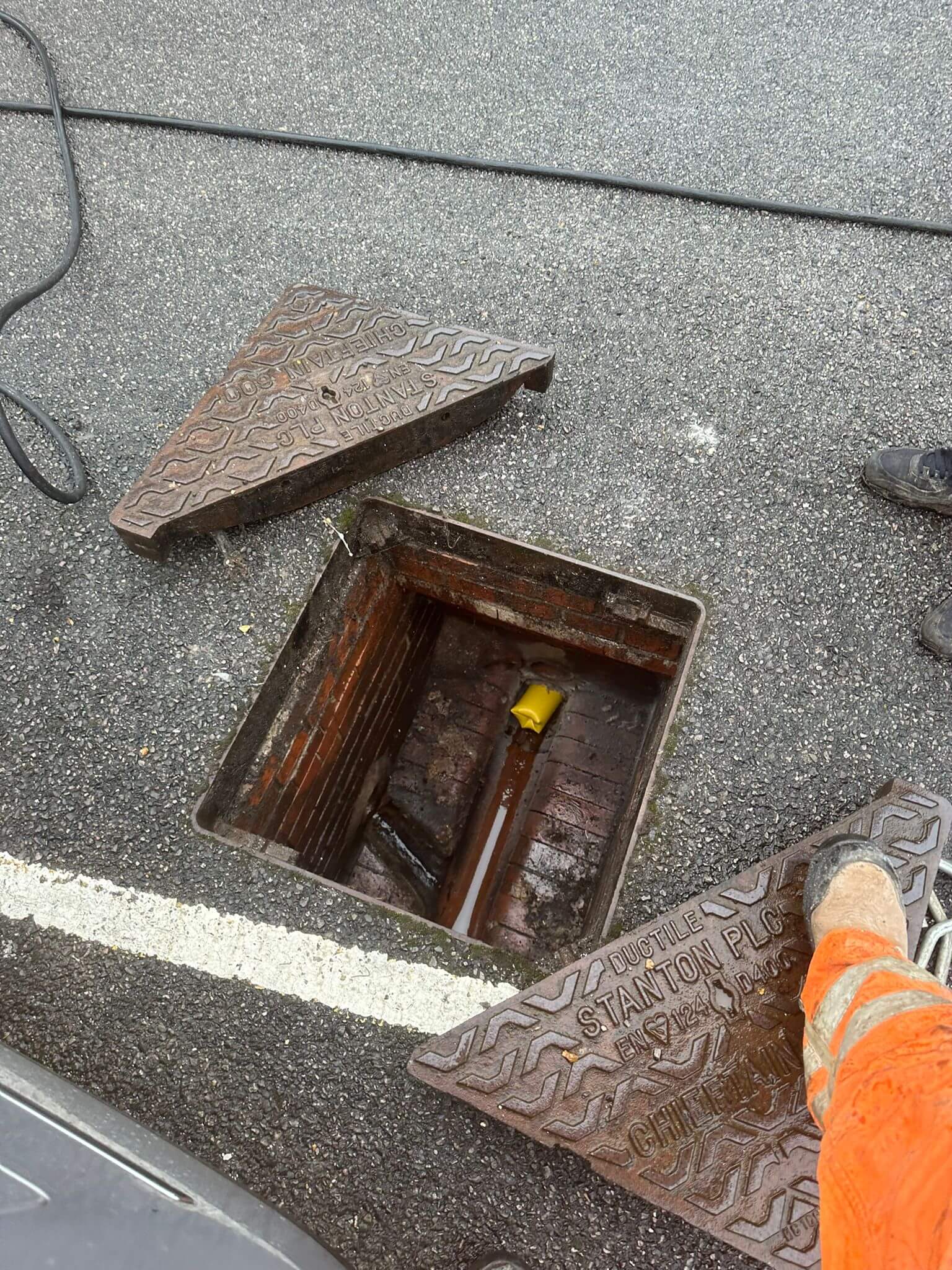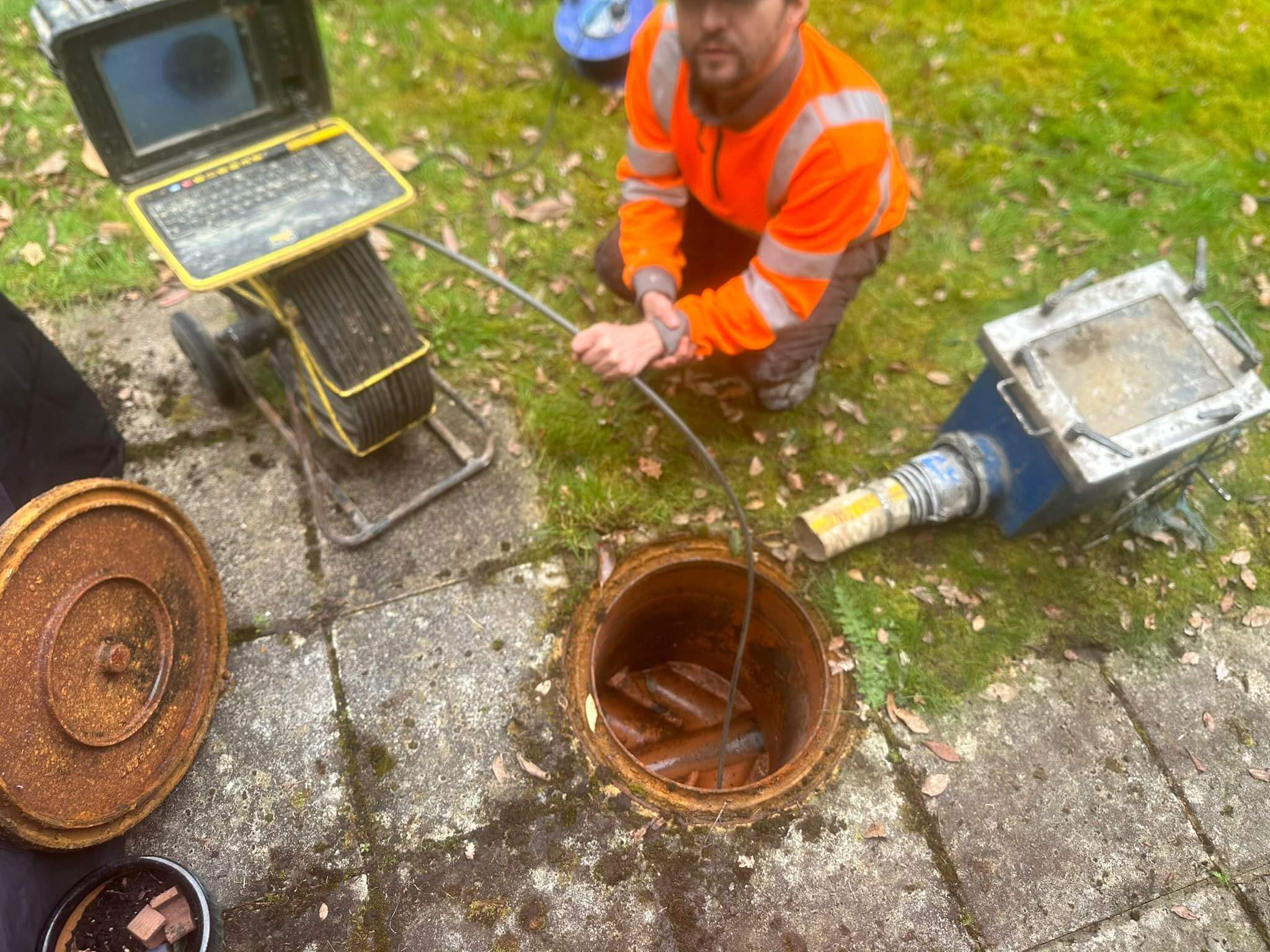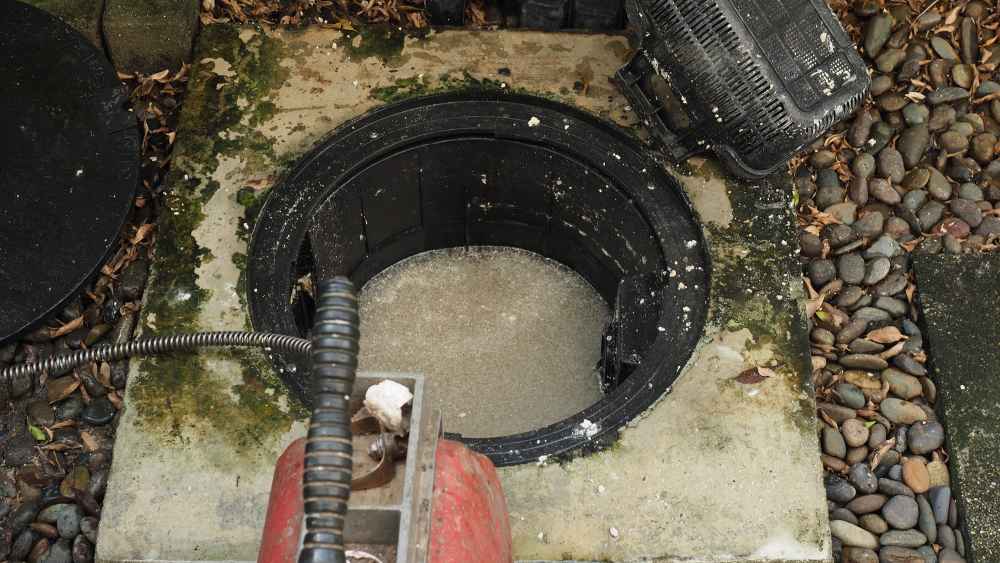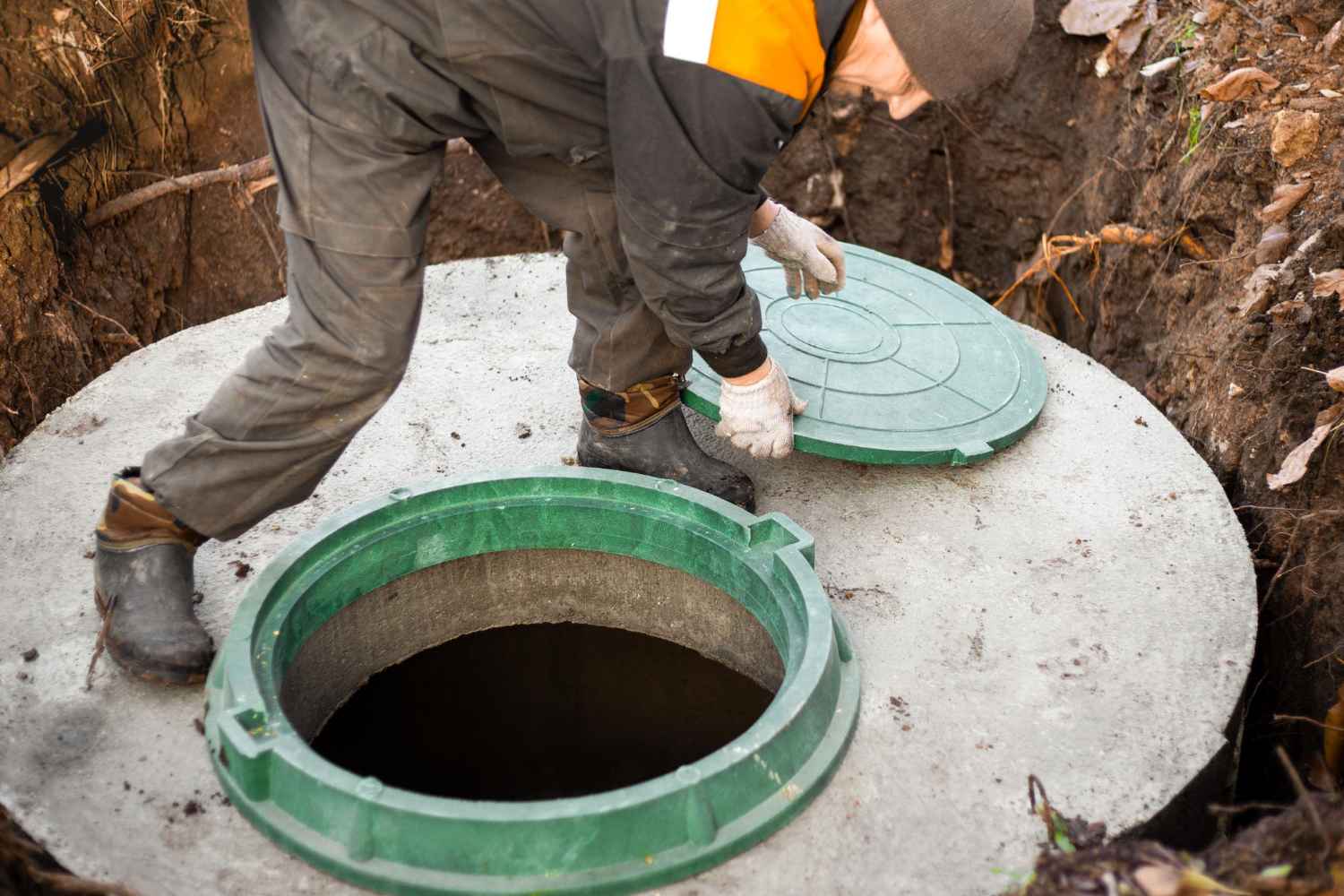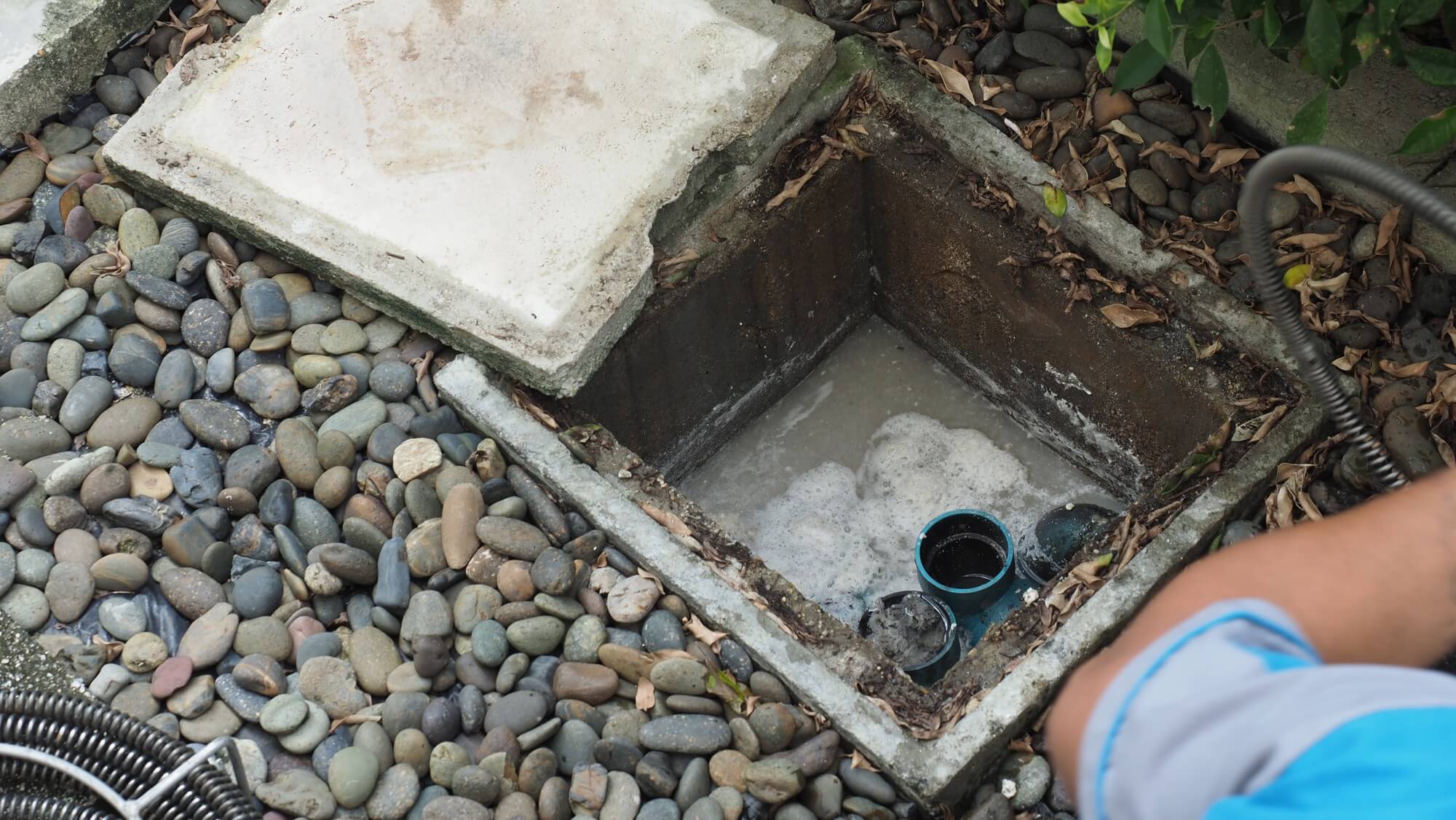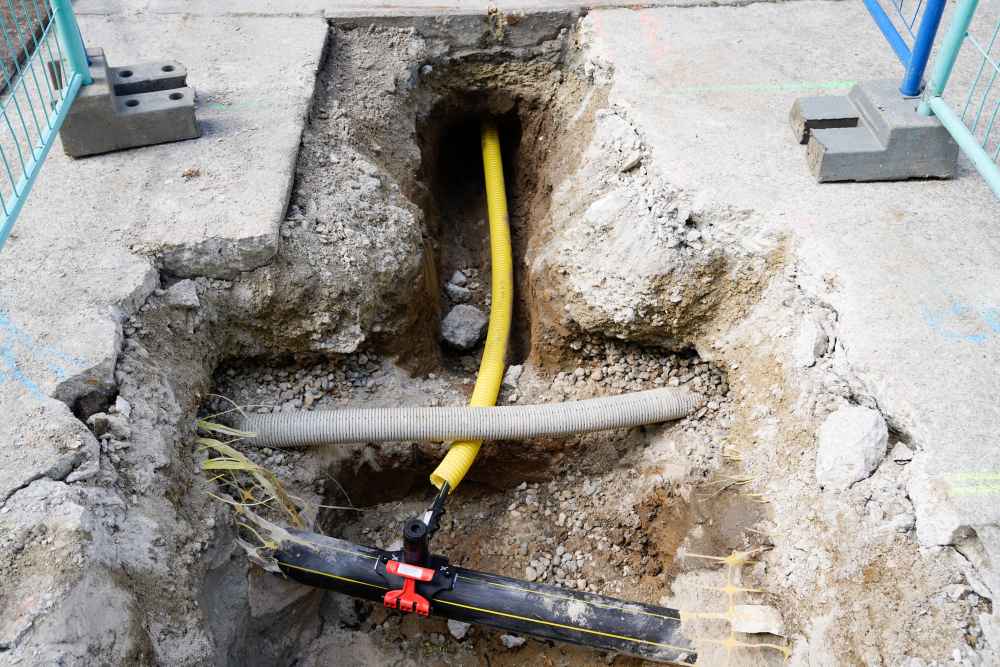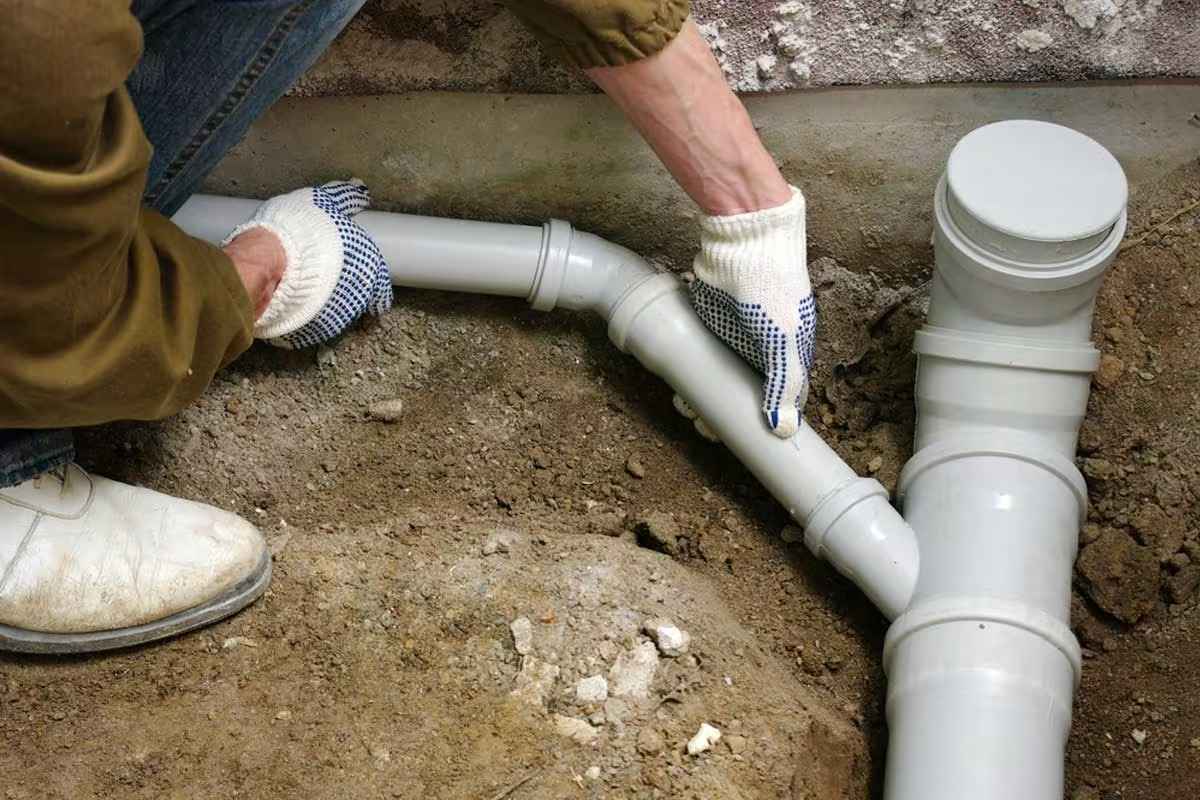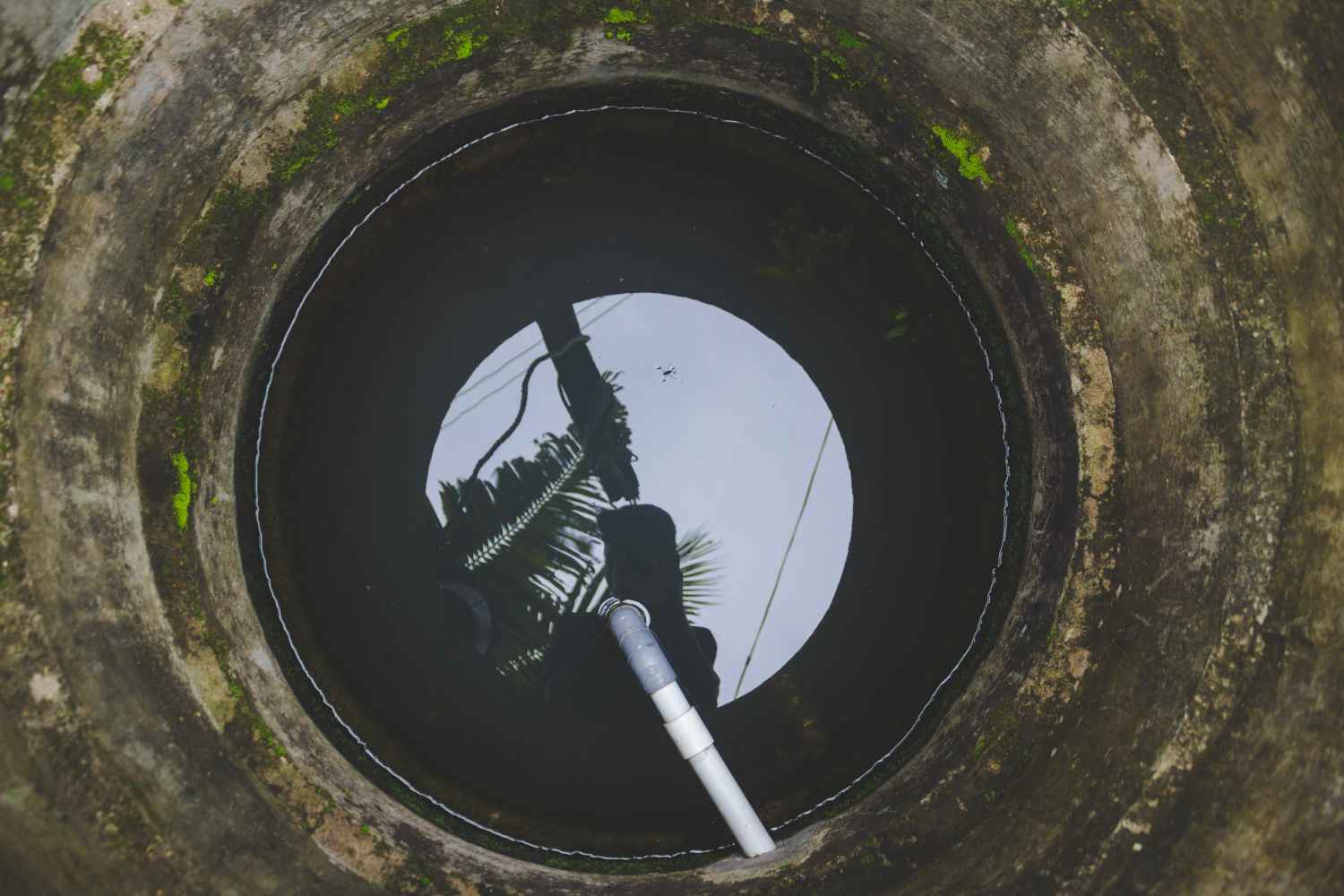Category
Blog
Date
May 27, 2025
Author
Marco

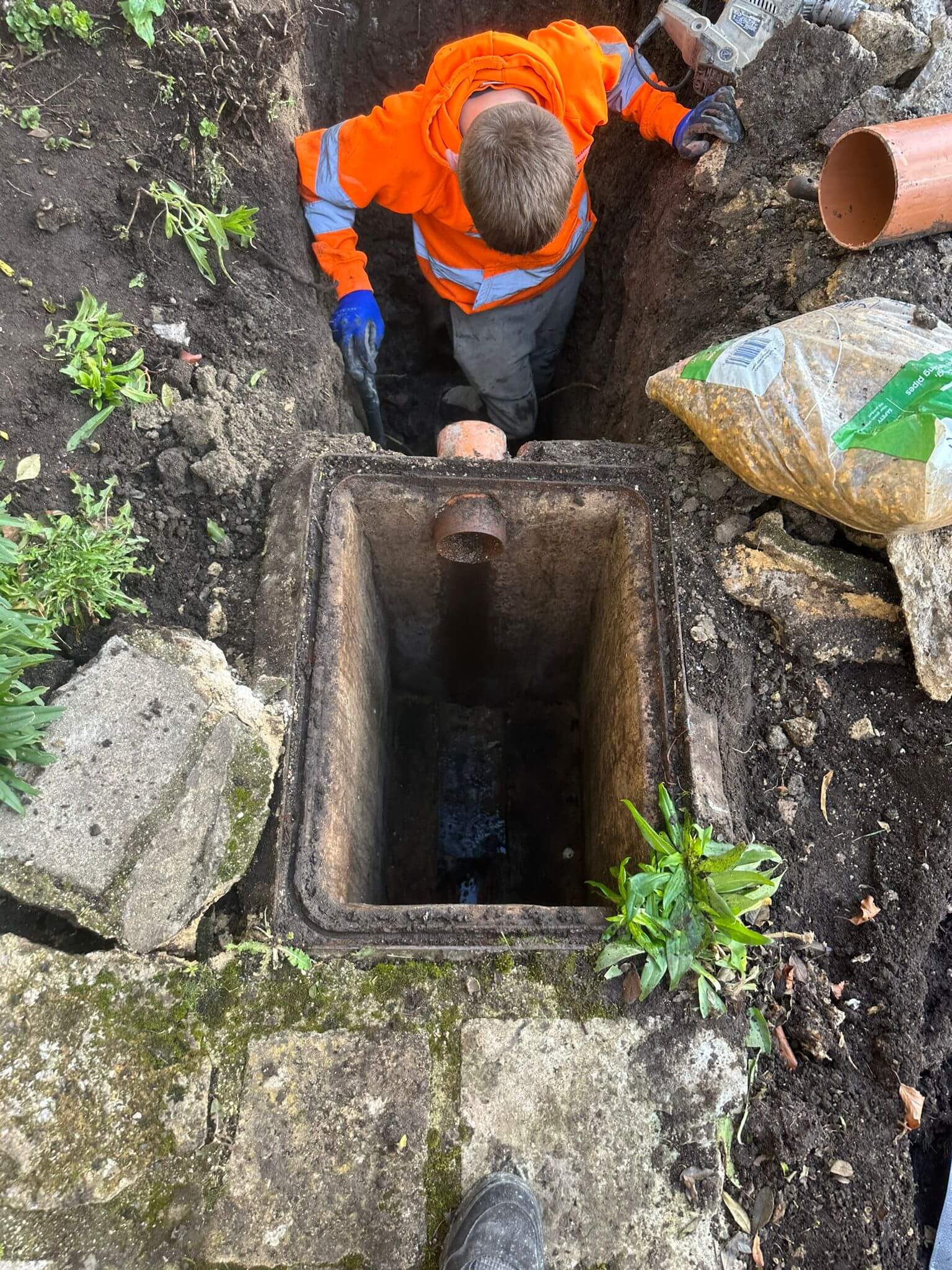
People who have septic tanks in their homes understand the unintended consequences of not emptying them. There is no other way to prevent any septic tank-related issues than emptying it on a regular basis.
Septic tanks in the UK should generally be emptied every 1 to 3 years; however, some factors help determine the frequency of emptying your tank. These include your family size, the number of people visiting your house per day, and your tank’s size. For a family of four, this should be once a year.
The case is not closed here yet. A lot needs to be uncovered about septic tanks that will enlighten you more about septic tanks, their emptying frequency, factors that affect the cleaning frequency, and more. These details are nothing but critical because otherwise, the consequences can be disastrous. Just follow our write-up…
Here’s a detailed list of signs that suggests your septic tank is nearing its capacity and needs to be emptied as soon as possible:
Let’s talk about how you can determine the frequency of your tank cleansing. In the UK, the septic tank emptying time is 3-5 years. But this duration may vary, as several other factors affect this duration. You’ll have to consider all these factors while determining the time for emptying your tank. These include:
The biggest and most obvious factor is the number of people using the tank. It will greatly affect the number of times you will have to empty the tank. More people mean draining earlier than usual. Apart from the usual household members, if you receive guests more often than usual, this also affects the emptying duration that will certainly arrive earlier.
Another big factor is the quantity of solid objects getting into your tank. Broken toys, food scraps, and several other things entering your tank would determine how often and how early it would need to be emptied. Notice if your tank fills up earlier than normal. If that’s the case, it is a sign to empty it earlier than the suggested three years.
The kind of soil you have at your house, particularly around the tank, also affects how often it should be emptied. If you’ve clay or other soil that doesn’t allow water to permeate, it will soak back into the ground. Consequently, your tank will fill up faster, and you’ll need to empty it more often.
A leach field is a network of pipes or ditches that move excess tank water into the surrounding soil. If you’ve your tank installed along with the field, you should get the latter one checked at least once every three years. In case it starts malfunctioning, the tank would fill up faster and would require emptying more often.
Maintaining your septic tank is critical to creating a healthy environment as well as extending the tank’s own lifespan. Not draining the tank on time will cause costly future repairs and replacements and drain your wallet instead. Here’s how you can perform proper maintenance:
Thinking of cleaning your septic tank of any waste? This is a job that should be done by the specialists. Here are the steps a professional follows to empty your tank:
The importance of professional cleaning cannot be understated. It can make a lot of difference and especially while emptying the tank. Any trivial mistake can cause you a lot of unwanted trouble, which might not drain the tank but certainly your time and energy. That’s why Fast Drains sends its heroes equipped with the right tools. Whether you want to empty your tanks or clean it as well, just give us a call at 0800 144 8480 or e-mail at ukfastdrains@gmail.com.
